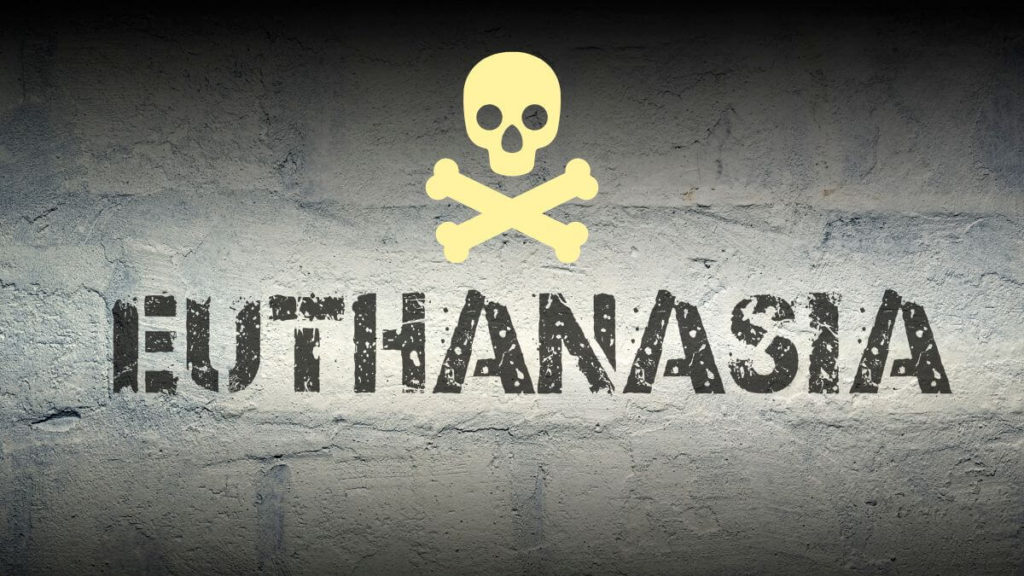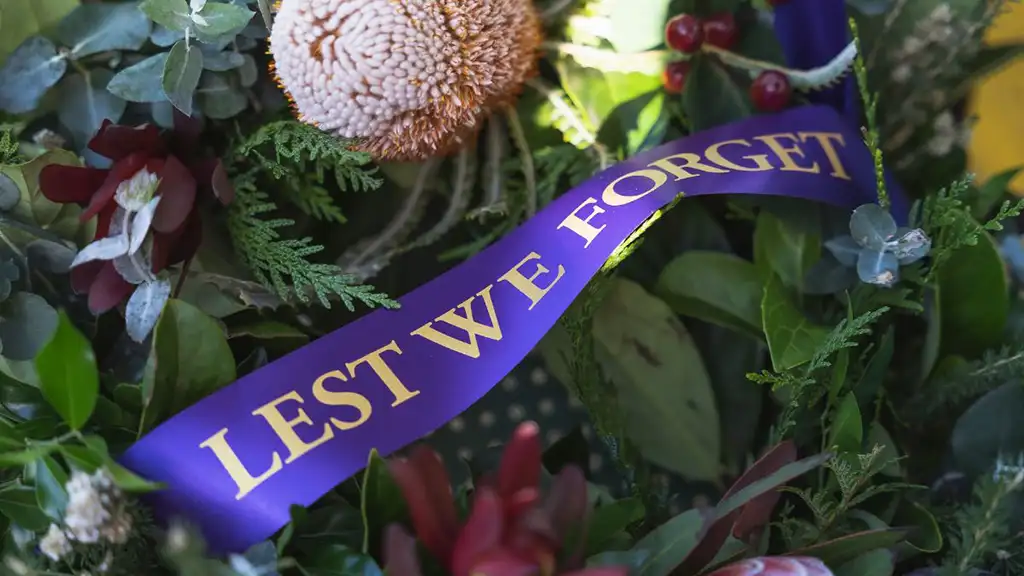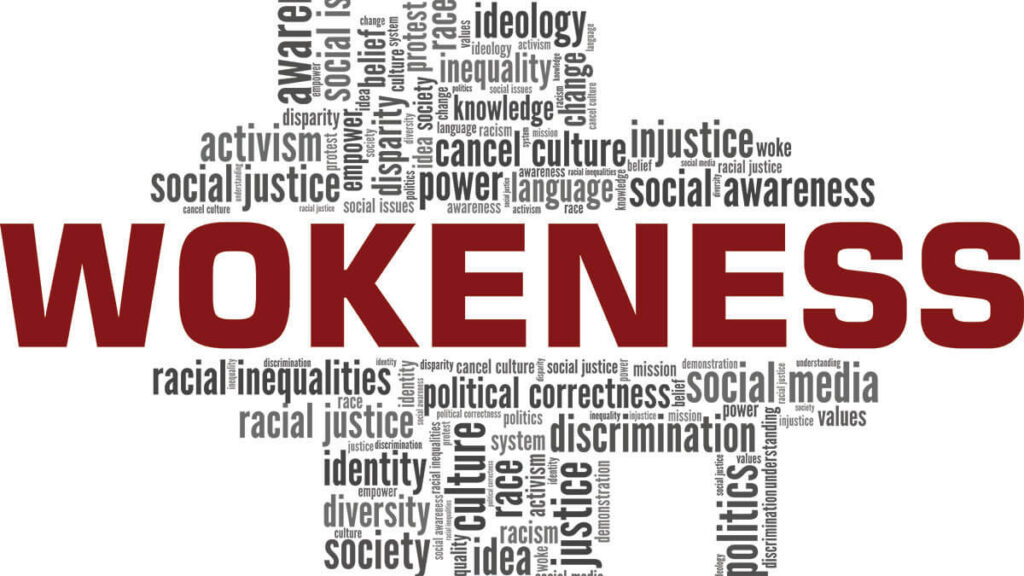This is why we opposed legalising assisted suicide. Vulnerable people can live without it. But when it’s an option on the table (as it now is), coercion, depression and a feeling of having a ‘duty to die’ make the law harmful and deadly.
“lan Nichols had a history of depression and other medical issues, but none were life-threatening. When the 61-year-old Canadian was hospitalized in June 2019 over fears he might be suicidal, he asked his brother to “bust him out” as soon as possible. Within a month, Nichols submitted a request to be euthanized and he was killed, despite concerns raised by his family and a nurse practitioner. His application for euthanasia listed only one health condition as the reason for his request to die: hearing loss.”
“Alan was basically put to death,” his brother Gary Nichols said.
The Nichols family were horrified that his death appeared to be approved based partly on Alan’s hearing loss and had other concerns about how Alan was euthanised. They lodged complaints with the British Columbia agency that regulates doctors and the Royal Canadian Mounted Police, asking for criminal charges. They also wrote to Canada’s minister of justice.
“Somebody needs to take responsibility so that it never happens to another family,” said Trish Nichols, Gary’s wife. “I am terrified of my husband or another relative being put in the hospital and somehow getting these (euthanasia) forms in their hand.”
The hospital says Alan Nichols made a valid request for euthanasia and that, in line with patient privacy, it was not obligated to inform relatives or include them in treatment discussions.
Canada is set to expand euthanasia access next year, but human rights advocates say the system warrants further scrutiny now.
Euthanasia “cannot be a default for Canada’s failure to fulfill its human rights obligations,” said Marie-Claude Landry, the head of its Human Rights Commission.
Read full story here:
https://apnews.com/article/covid-science-health-toronto-7c631558a457188d2bd2b5cfd360a867




